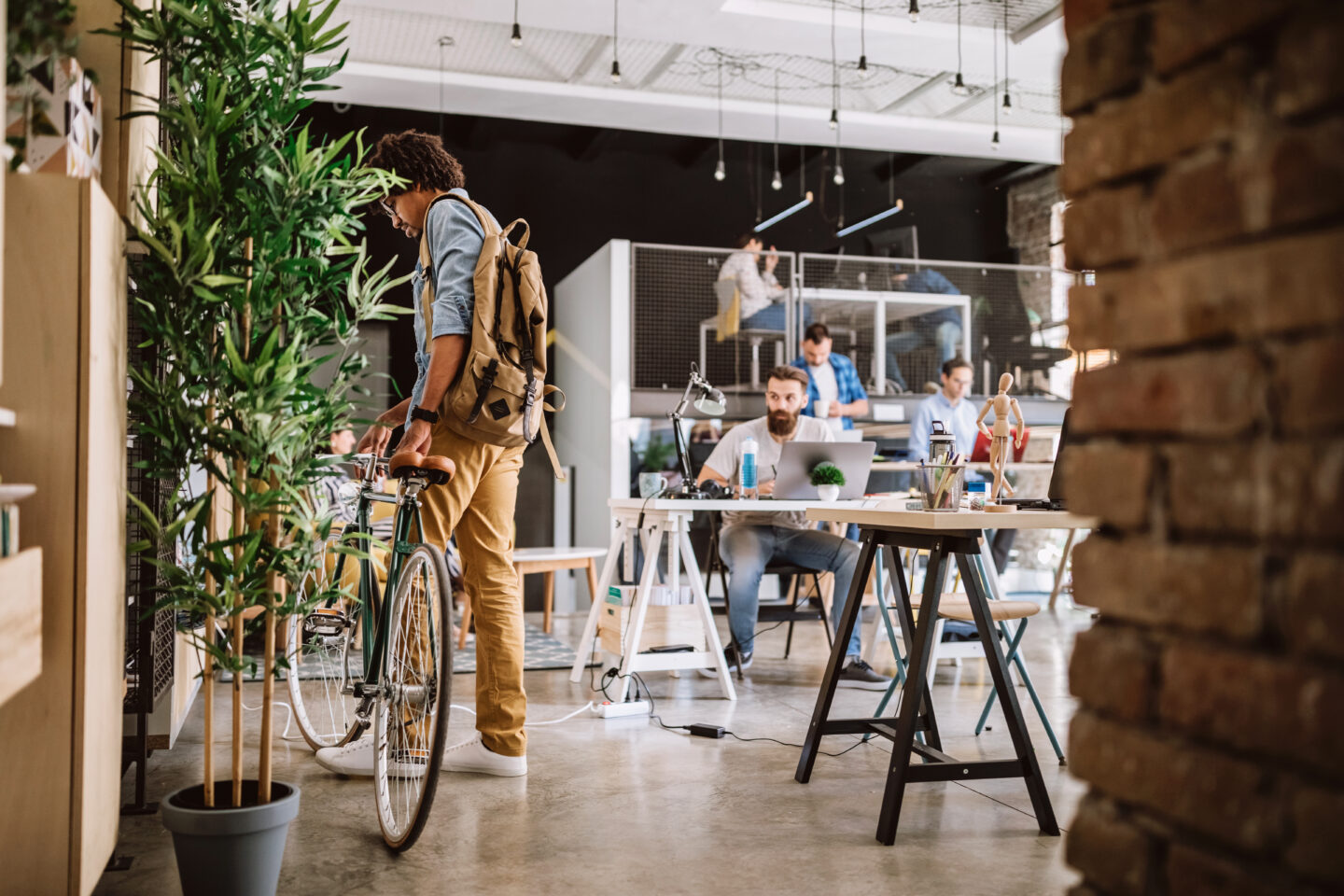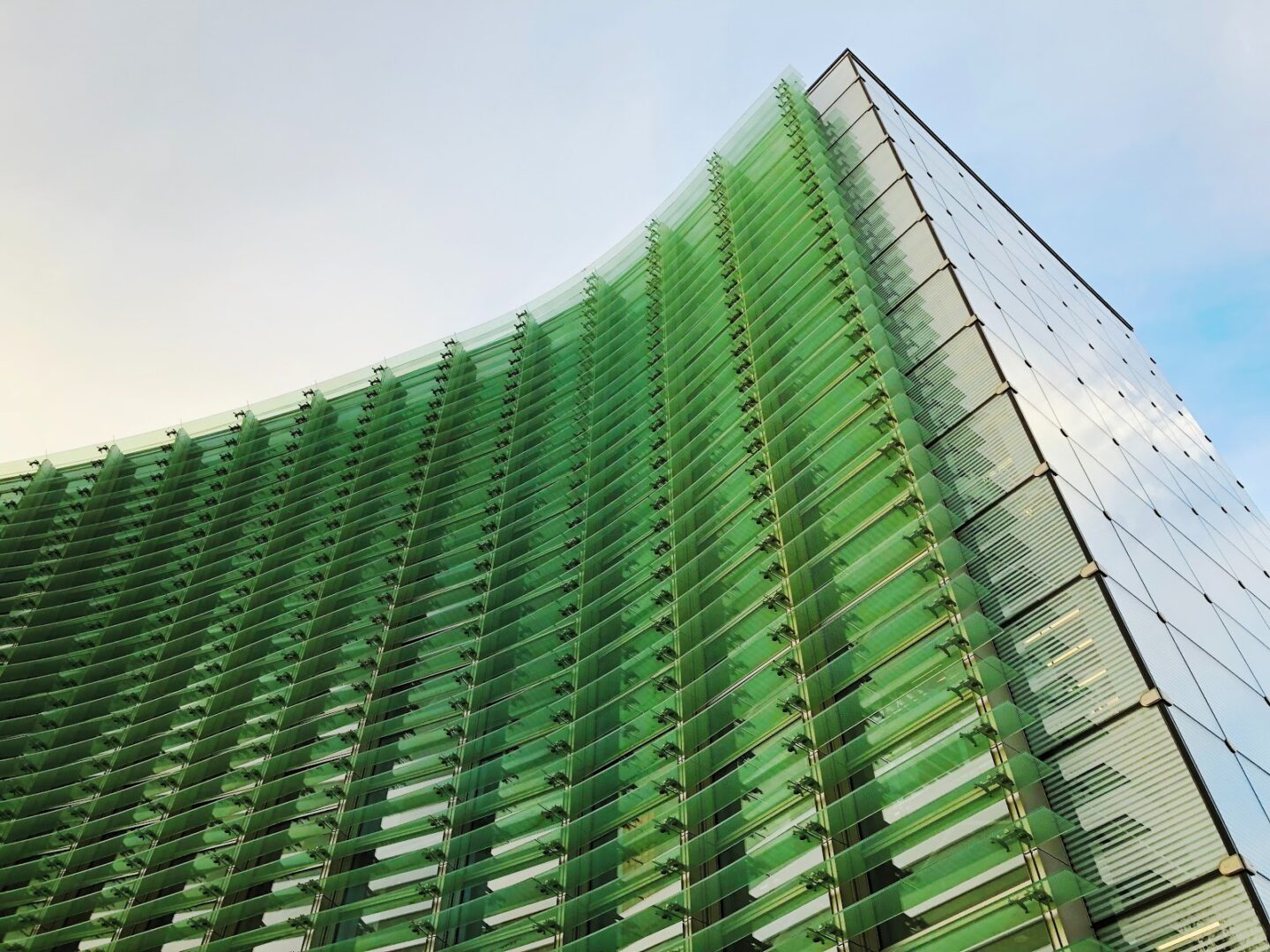- Smart working & Place Benefits
More productive and happier if the office is green
Each of us spends 90% of our time in closed spaces: home, office, bar, gym, restaurants, etc. Every day, of these 21 or more hours, nearly half – and sometimes even more – is spent at work.

Each of us spends 90% of our time in closed spaces: home, office, bar, gym, restaurants, etc. Every day, of these 21 or more hours, nearly half – and sometimes even more – is spent at work.
Each one of us spends 90% of our time in enclosed spaces: home, bars, gym, restaurants, etc. Every day, of these 21 or more hours, nearly half – and sometimes even more – is spent at work. It is not, therefore, difficult to understand how the quality of working environments affects everyone’s health at least as much as lifestyle, medical care or, probably, genetic footprint.
A welcoming office guarantees greater well-being for workers. In the United States and in the Far East, in Singapore and Australia, the WELL Building Standard system has been in place for some time: this innovative tool evaluates properties, no longer by merely certifying (only) the building shell, but by monitoring the quality of life of those who live in and use the building.
Launched in 2014, the WELL Building Standard is based on 7 categories of building analysis and certification: air, water, power, light, fitness, comfort and mind. The WELL protocol combines best design practices with research based on medical-scientific evidence. The goal is to ensure that built spaces become the engine of health and well-being for people.
A necessary continuation of this approach are the concepts of environmental sustainability, landscape protection and the use of renewable resources for energy production: aspects that also significantly affect the productivity and happiness of workers.
However, the first studies on how the environment and plants affect our vital functions date back to 1960, when it was shown in West Germany that vegetation improved the perception of environments (internal and external) and influenced the production rhythms of a company.
There have since been numerous confirmations of these results in more recent times. In 2017, in a work published in the Nature journal, researchers from the Max Planck Institute for Human Development in Berlin highlighted how living and working close to natural environments promotes better health of the amygdala, that area of the brain which works with stress defence mechanisms. Another survey conducted by an international team and directed by researchers from the Universities of Exeter and Cardiff showed that plants and flowers make workers happier: specifically, according to the research, dotting a few nice flowerpots around a previously bare office can boost productivity by up to 15%.



